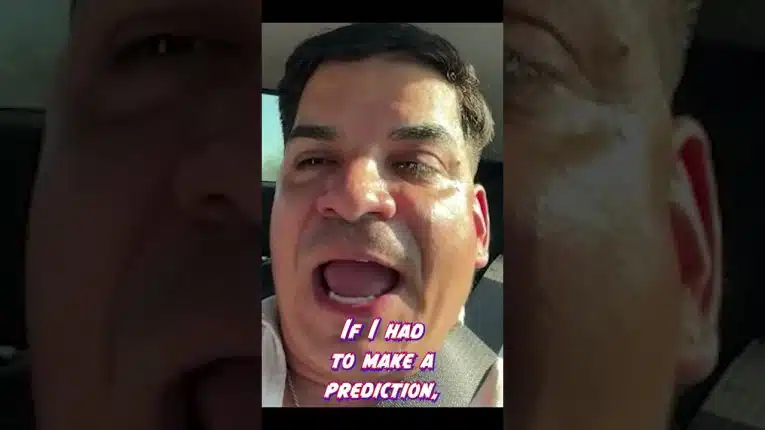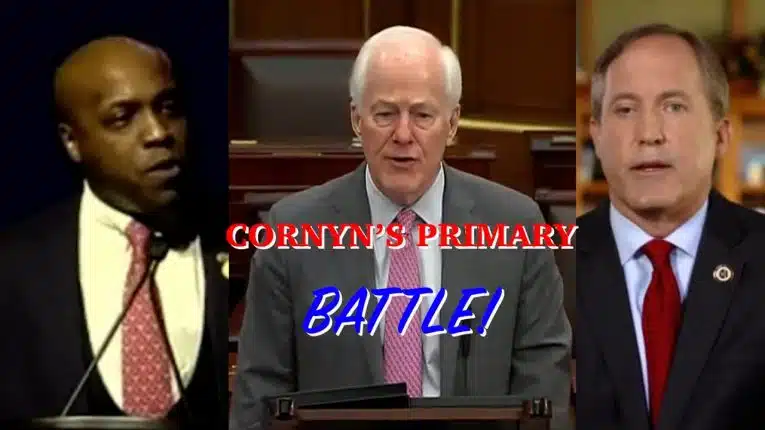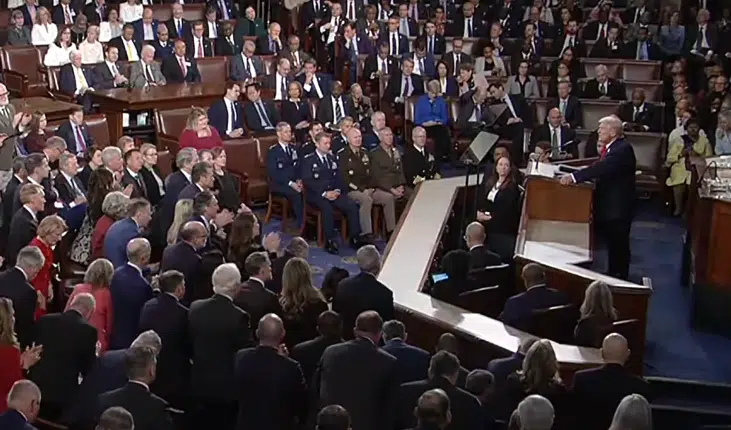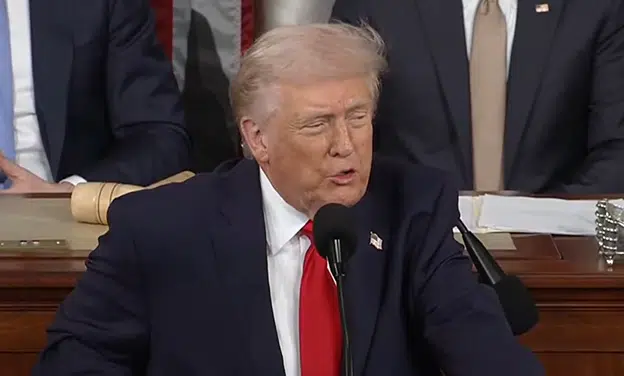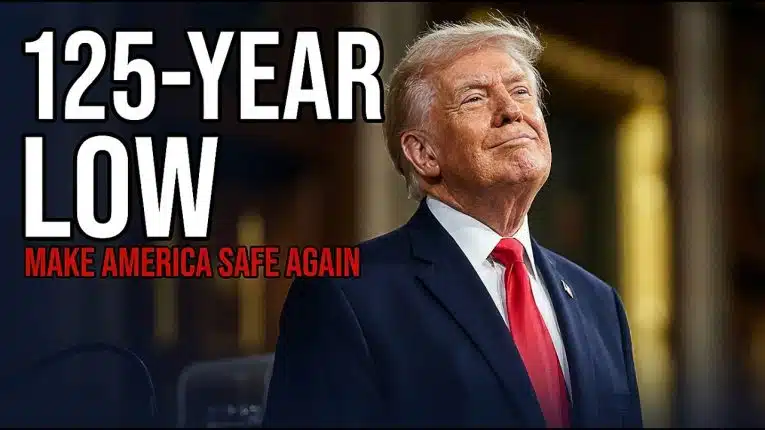 By Robert Romano — Do you like interacting with your friends on social networking sites like Facebook, or looking at user-created videos on YouTube? Or simply surfing on Google to find the most up to date news and information?
By Robert Romano — Do you like interacting with your friends on social networking sites like Facebook, or looking at user-created videos on YouTube? Or simply surfing on Google to find the most up to date news and information?
Well, the Internet could get a lot more bumpy in the coming months. Congress is considering legislation that Americans for Limited Government President Bill Wilson said would “give the government power to censor the Internet.”
The bill by Chairman of theHouse Judiciary Committee Rep. Lamar Smith, HR 3261, claims to be targeting Internet piracy websites that frequently post materials that infringe on copyright law. But it goes much, much further than that.
“Nobody likes Internet piracy, but this legislation is going to create a regime of Internet censorship in the name of protecting copyright. This will particularly endanger social networking sites, search engines, and any website that allows users to upload content of being shut down,” Wilson warned.
“Why would anyone want to give government the power to shut down websites?” Wilson asked, adding, “There are already sufficient protections for copyright under existing law, including the Digital Millennium Copyright Act.”
Wilson expressed concern that the “safe harbor” provisions of the Digital Millennium Copyright Act would be undermined by the new legislation, which protects social websites that provide for easy takedown procedures for potential infringing materials.
Those rules have been in effect since 1998, and were agreed upon internationally via treaty in order to “maintain a balance between the rights of authors and the larger public interest, particularly education, research and access to information.”
Wilson thinks the existing rules already strike the right balance. “Under current law, rights holders can inform a website that it has infringing material and ask that it is removed, and failing that, can already take action.”
Unfortunately, the new bill “takes the safe harbor provisions of current law and throws them in the garbage for websites that have been diligent in following the rules.”
The legislation would also allow copyright holders to take private actions against alleged infringing websites with the force of law behind them, including seeking the termination of advertising and payment services.
Wilson called it “overkill,” calling it a “death sentence for Internet service providers” noting that websites can have millions of pages, and that under the legislation revenue streams or the website itself could be shut down if just a single page of a site is found to have infringing material.
“The bill also risks placing onerous mandates on Internet service providers that would require websites to somehow prevent their services from being used to post infringing material, even if it’s technologically impossible to do so,” Wilson warned.
He said such mandates would “be the end of social networking all together.” Which means it might become a lot harder just to share pictures, videos, or much of anything else online. In doing so, the new law will violate the free speech rights of Internet users.
This could be the end of the Internet as we know it.
HR 3261 is expected to be voted on in the House Judiciary Committee next week. Thus far, it only has 29 cosponsors, not nearly a majority, but the American people will need to contact their representatives to verify their position.
“Censorship is not the solution to Internet piracy,” Wilson concluded. Hard to argue with that. And it is hard to imagine why Congress is now acting to throw in the garbage laws that have fairly maintained the balance between intellectual property and the freedom to share information for years.
The Internet has become one of the most important means of communication in human history. It would be sad to see it restricted. Are we becoming China?
Robert Romano is the Senior Editor of Americans for Limited Government.


